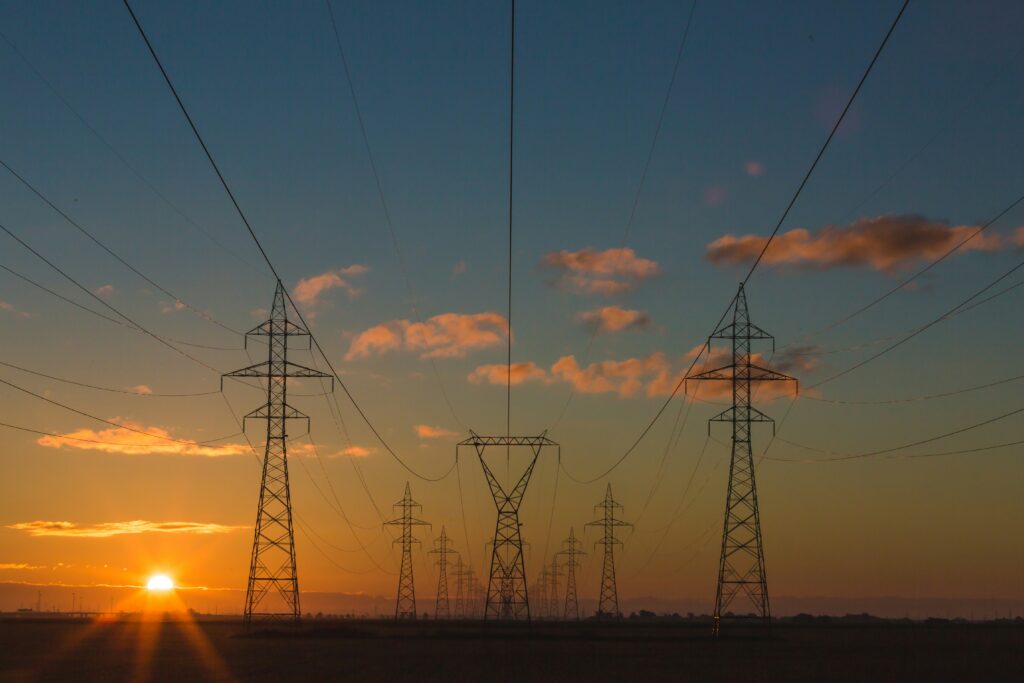Have you ever thought about the environmental impact of your daily online activities? You might be surprised to learn that every time you perform a Google search or send an email, you are contributing to carbon emissions. Yes, that’s right – the internet has a carbon footprint!
According to a study by researchers at Purdue University, the energy consumption of the internet is on the rise, with data centers and network infrastructure accounting for a significant portion of global electricity usage. In fact, the internet is responsible for about 2% of global carbon emissions – roughly the same as the aviation industry.
This growing concern has prompted tech giants like Google and Microsoft to invest in renewable energy sources and implement energy-efficient practices in their data centers. “Sustainability is at the core of our business strategy,” says Google CEO Sundar Pichai. “We are committed to reducing our carbon footprint and building a more energy-efficient internet.”
But the responsibility doesn’t solely lie with big corporations. As individual users, we can also make a difference by being mindful of our online habits and reducing our digital carbon footprint. Simple changes like using energy-saving settings on devices, deleting old emails, and using search engines that prioritize renewable energy sources can all contribute to a more sustainable internet.
In a world where technology plays a central role in our lives, it’s crucial to consider the environmental impact of our digital actions. By making conscious choices and supporting companies that prioritize sustainability, we can work towards a greener and cleaner digital future.



